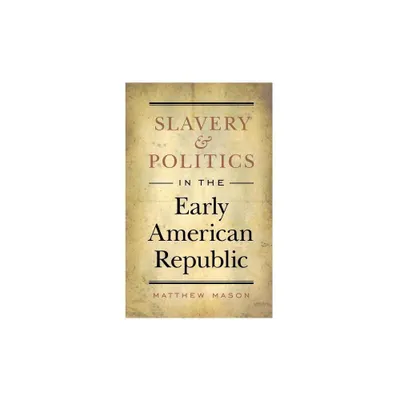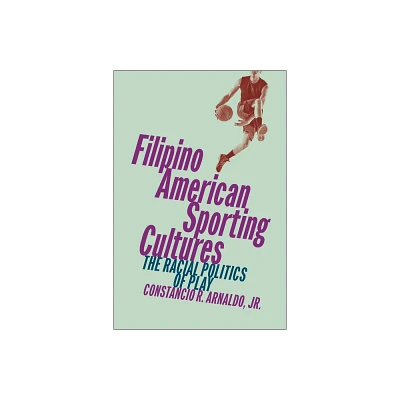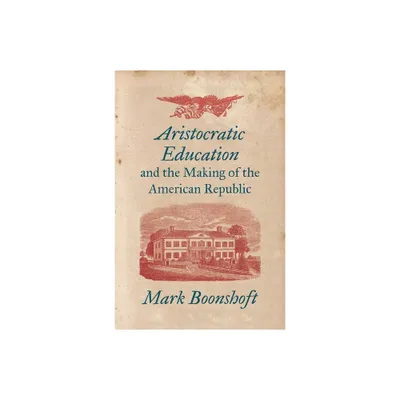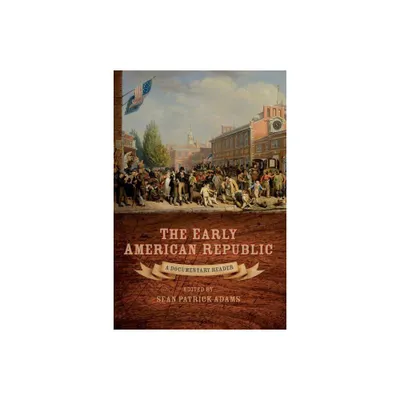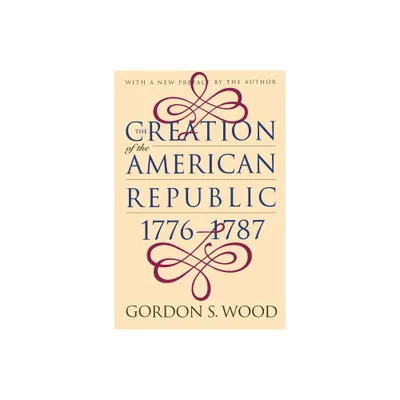Home
They Will Have Their Game: Sporting Culture and the Making of Early American Republic
Loading Inventory...
Barnes and Noble
They Will Have Their Game: Sporting Culture and the Making of Early American Republic
Current price: $58.95


Barnes and Noble
They Will Have Their Game: Sporting Culture and the Making of Early American Republic
Current price: $58.95
Loading Inventory...
Size: Hardcover
*Product Information may vary - to confirm product availability, pricing, and additional information please contact Barnes and Noble
In
They Will Have Their Game
, Kenneth Cohen explores how sports, drinking, gambling, and theater produced a sense of democracy while also reinforcing racial, gender, and class divisions in early America.
Pairing previously unexplored financial records with a wide range of published reports, unpublished correspondence, and material and visual evidence, Cohen demonstrates how investors, participants, and professional managers and performers from all sorts of backgrounds saw these "sporting" activities as stages for securing economic and political advantage over others.
tracks the evolution of this fight for power from 1760 to 1860, showing how its roots in masculine competition and risk-taking gradually developed gendered and racial limits and then spread from leisure activities to the consideration of elections as "races" and business as a "game." The result reorients the standard narrative about the rise of commercial popular culture to question the influence of ideas such as "gentility" and "respectability," and to put men like P. T. Barnum at the end instead of the beginning of the process, unveiling a new take on the creation of the white male republic of the early nineteenth century in which sporting activities lie at the center and not the margins of economic and political history.
They Will Have Their Game
, Kenneth Cohen explores how sports, drinking, gambling, and theater produced a sense of democracy while also reinforcing racial, gender, and class divisions in early America.
Pairing previously unexplored financial records with a wide range of published reports, unpublished correspondence, and material and visual evidence, Cohen demonstrates how investors, participants, and professional managers and performers from all sorts of backgrounds saw these "sporting" activities as stages for securing economic and political advantage over others.
tracks the evolution of this fight for power from 1760 to 1860, showing how its roots in masculine competition and risk-taking gradually developed gendered and racial limits and then spread from leisure activities to the consideration of elections as "races" and business as a "game." The result reorients the standard narrative about the rise of commercial popular culture to question the influence of ideas such as "gentility" and "respectability," and to put men like P. T. Barnum at the end instead of the beginning of the process, unveiling a new take on the creation of the white male republic of the early nineteenth century in which sporting activities lie at the center and not the margins of economic and political history.
